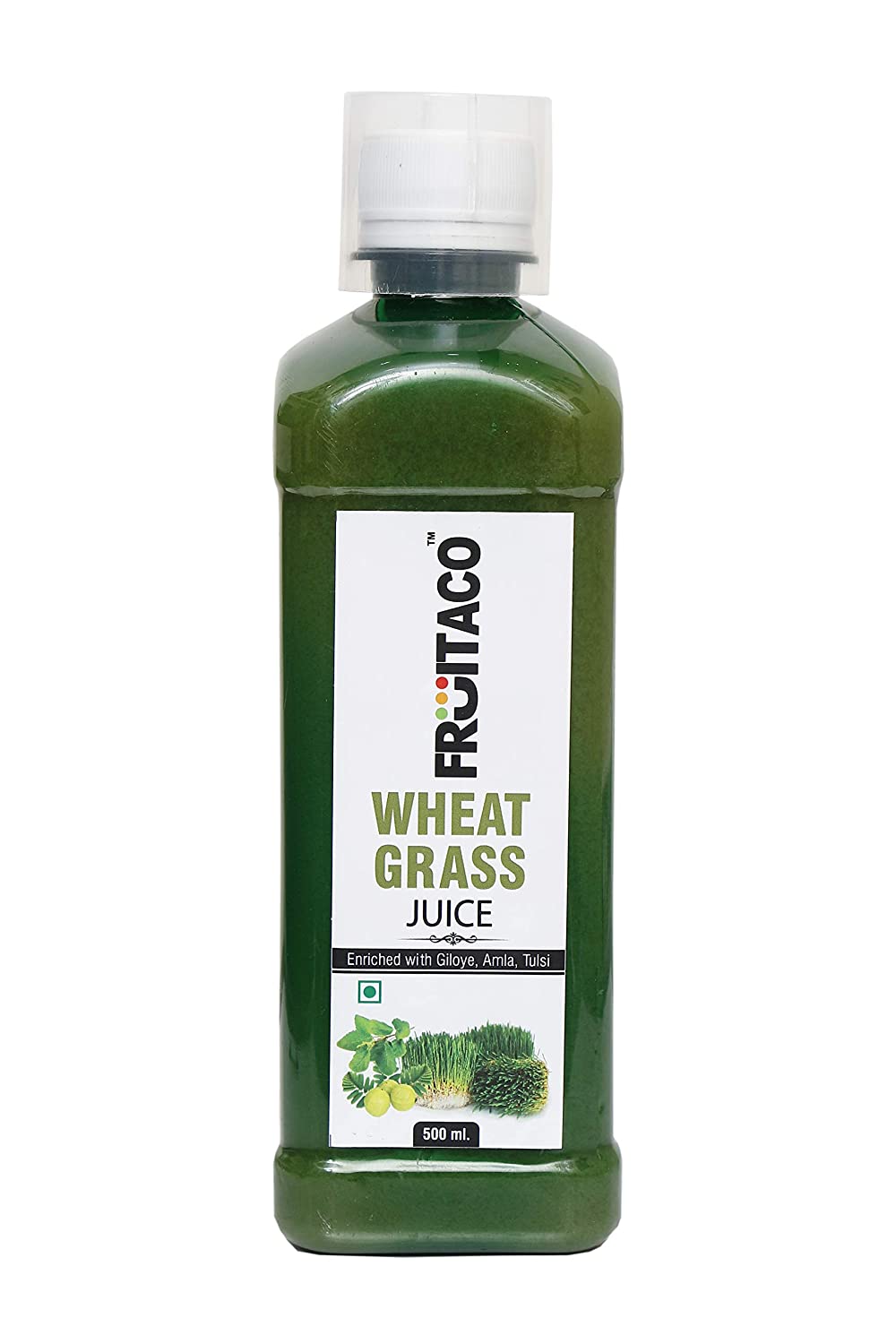Chlorophyll
Micronutrient
Last update date: November 08, 2023
Chlorophyll is a natural compound that imparts a green colour in plants. This nutrient is present in green vegetables and other plant-based foods.
Frequently Asked Questions
1.
What is Chlorophyll?
Chlorophyll, the vibrant green pigment found in plants and algae, plays a vital role in the magnificent process of photosynthesis. As the sun's rays caress the chlorophyll-laden leaves, this incredible pigment absorbs the energy, igniting a mesmerizing dance within the plant's cells. Through this captivating feat, chlorophyll enables plants to harness sunlight, converting it into the life-sustaining power of glucose and oxygen.
2.
What does chlorophyll do for your body?
Unleashing its verdant prowess, chlorophyll bestows a myriad of marvelous benefits upon us. Acting as a noble antioxidant knight, it valiantly shields our cells from the malevolent assaults of free radicals. With whispers of anti-inflammatory whispers in the air, this emerald champion holds the promise of alleviating bodily tensions and fostering the swift restoration of wounds. And behold, for the chlorophyll magic may extend to our innards, aiding digestion and embracing our quest for gastrointestinal harmony.
3.
What is negative impact of Chlorophyll?
The realm of chlorophyll largely remains a land of safety and tranquility. Yet, in rare instances, some sensitive souls may encounter mild disturbances or raise the alarm of allergic reactions when embarking on the chlorophyll supplement journey. Thus, tread cautiously and seek the counsel of healthcare sages if thou harbor concerns or queries.
4.
What foods are high in chlorophyll?
Chlorophyll, the nutrient responsible for the green color in plants, can be obtained from various sources. Green leafy vegetables like spinach and kale, along with herbs such as parsley and mint, are rich in chlorophyll. Algae like spirulina and chlorella, as well as green fruits like avocados and kiwis, also contain this nutrient. Including these foods in your diet can help ensure an adequate intake of chlorophyll for overall health and well-being.
5.
Which are symtoms of Chlorophyll deficiency?
Chlorophyll deficiency is not a recognized health condition in humans since our bodies do not rely on Chlorophyll for energy production. However, a diet lacking in green leafy vegetables and other Chlorophyll-rich foods may result in inadequate intake of other essential nutrients, such as vitamins, minerals, and dietary fiber, which are crucial for overall health and wellbeing.
6.
What to avoid when taking chlorophyll?
If you take any medicines regularly, talk to your doctor before you start using chlorophyll supplements.
7.
Can Chlorophyll be found in natural foods?
Yes, Chlorophyll is found in natural foods only like dark green, leafy vegetables like spinach, kale, and lettuce.








